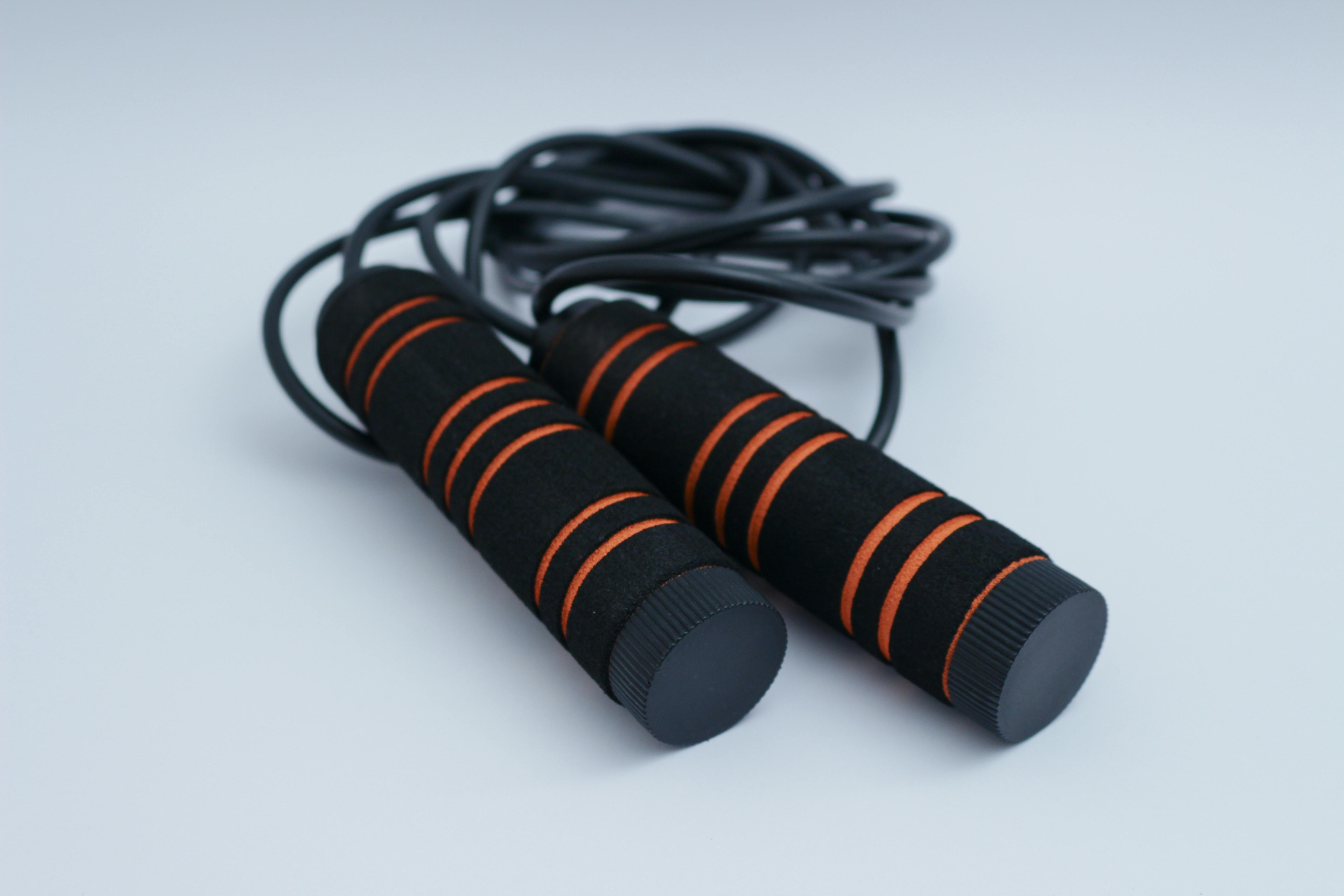Unfortunately, obesity affects not only adults but also many adolescents. According to the US Centers for Disease Control, 18 percent of adolescents between the ages of 12 and 19 are obese. Being overweight creates a host of physical and psychological problems, including diabetes, high blood pressure, and low self-esteem. After many failed weight loss attempts, teens and their parents sometimes turn to weight loss surgery as their last hope for a healthy and happy life. However, in the long term, bariatric surgery in adolescents may present more risks than benefits.
Surgery to lose weight in adolescents: lack of studies
The main problem with bariatric surgery in adolescents is the lack of clinical studies on the long-term effect of various weight loss procedures. Although the results of bariatric treatments in adults have been fairly well documented, the effects of weight loss surgery in adolescents have not been systematically studied. Some of the potential problems include the effect of the procedure on skeletal development, the consequences of reduced nutrient absorption over many decades, and the psychological effects of having to follow a very restricted diet for life.
Bariatric Surgery Procedures for Adolescents: Minimally Invasive
Due to the lack of studies and the possible negative impact of weight loss surgery on the developing body, some bariatric surgeons recommend that adolescents have less invasive weight loss procedures. Less drastic bariatric treatments include the lap band and gastric balloon. During gastric band surgery, a surgical band is placed around the upper part of the stomach. The band can be tightened or loosened by adding or removing saline. It can also be completely removed. The purpose of the Lap Band is to reduce the amount of food entering the stomach at any one time and to make the patient feel full faster.
The gastric balloon is a relatively new incisionless procedure. During this treatment, a surgeon inserts a silicone balloon into the stomach. The balloon is then filled with a liquid solution or air. Like the gastric band, the goal of the gastric balloon is to reduce the amount of food that enters the stomach and reduce the patient’s appetite.
Bariatric Surgery Procedures for Adolescents: Invasive
If the lap band or gastric balloon does not produce the desired results, a more invasive bariatric surgical procedure may be needed. Gastric bypass and gastric sleeve surgery are complex procedures that permanently alter the way the body processes nutrients. During gastric bypass surgery, a small stomach pouch is stapled from the rest of the stomach and the small intestine is attached to the pouch to prevent the absorption of certain nutrients. Due to the scope of surgical manipulations required, the cost of a gastric bypass is often higher than that of a gastric band.
During gastric sleeve surgery, more than 80 percent of the stomach is removed. The result is a much smaller stomach that holds very small amounts of food. As a result, the patient can lose weight very quickly.
While both gastric bypass and gastric sleeve surgery can help teens lose weight quickly, these are complex procedures that require lifelong dietary changes and ongoing medical monitoring. Therefore, adolescents and their parents should consider these treatments very carefully and pursue them only if all other options have been exhausted.




